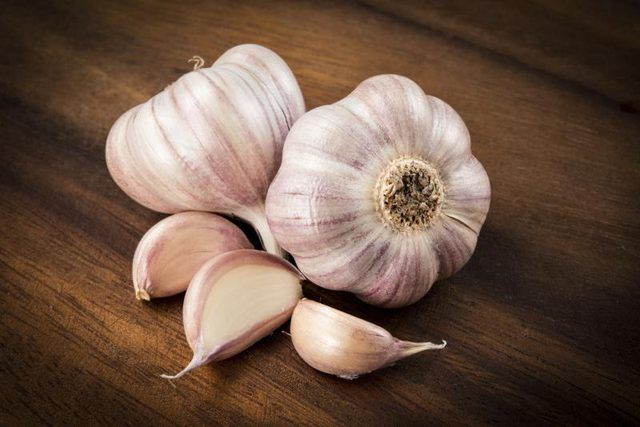Bulbs
Flower Basics
Flower Beds & Specialty Gardens
Flower Garden
Garden Furniture
Garden Gnomes
Garden Seeds
Garden Sheds
Garden Statues
Garden Tools & Supplies
Gardening Basics
Green & Organic
Groundcovers & Vines
Growing Annuals
Growing Basil
Growing Beans
Growing Berries
Growing Blueberries
Growing Cactus
Growing Corn
Growing Cotton
Growing Edibles
Growing Flowers
Growing Garlic
Growing Grapes
Growing Grass
Growing Herbs
Growing Jasmine
Growing Mint
Growing Mushrooms
Orchids
Growing Peanuts
Growing Perennials
Growing Plants
Growing Rosemary
Growing Roses
Growing Strawberries
Growing Sunflowers
Growing Thyme
Growing Tomatoes
Growing Tulips
Growing Vegetables
Herb Basics
Herb Garden
Indoor Growing
Landscaping Basics
Landscaping Patios
Landscaping Plants
Landscaping Shrubs
Landscaping Trees
Landscaping Walks & Pathways
Lawn Basics
Lawn Maintenance
Lawn Mowers
Lawn Ornaments
Lawn Planting
Lawn Tools
Outdoor Growing
Overall Landscape Planning
Pests, Weeds & Problems
Plant Basics
Rock Garden
Rose Garden
Shrubs
Soil
Specialty Gardens
Trees
Vegetable Garden
Yard Maintenance
Natural Mite Repellent
Natural Mite Repellent. Mites appear tiny and insignificant, but a few of them -- most commonly spider mites -- can pose a mighty big health risk to your garden as they feed on your plants' leaves and stems. Before turning to toxic pesticides to tackle the problem, try a few all-natural ways to kill and repel mites and defend your yard's health...

Mites appear tiny and insignificant, but a few of them -- most commonly spider mites -- can pose a mighty big health risk to your garden as they feed on your plants' leaves and stems. Before turning to toxic pesticides to tackle the problem, try a few all-natural ways to kill and repel mites and defend your yard's health and beauty.
Season Your Yard with Garlic
Folklore says garlic repels bloodsucking vampires. Pungent garlic cloves may also ward off sap-sucking mites. While you can find garlic extract in commercially prepared, ready-to-use insect sprays, make your own mite repellent at home. Simply blend a small hot pepper with six garlic cloves and allow the solution to sit overnight. Then, strain it through a cheesecloth into a spray bottle, add 1 teaspoon of liquid dish soap and 1 cup of water, and mist the concoction on the affected plants. The soap kills many pests on contact while the garlic repels any mites that dare return to the scene of the crime.
Rinse Them Away
Mites are attracted to dry, dusty conditions. Keeping your plants watered and regularly misting them with water makes your garden less attractive to the pests. Additionally, spraying your plants with water is often enough to knock the mites off of your plants and kill them, keeping mite populations too low to do much damage. Don't forget to spray the undersides of the leaves, which is where mites tend to congregate.
Repel Them With Plants
Adding the right plants might be the answer to mite problems. Companion planting is the practice of growing specific plants in your yard to help repel pests. Several pungent herbs actively repel mites, aphids and other pests. Dill (Anethum graveolens), an annual, may discourage mites. Rhubarb (Rheum rhabarbarum), which grows in U.S. Department of Agriculture plant hardiness zones 3 through 8, also repels mites. Finally, consider growing mite-repelling annual coriander (Coriandrum sativum).
Prune the Doom
Trim off affected stems and leaves when you notice signs of infestation, such as clusters of mites or the webs they leave as they reproduce. This actively reduces the mite population and also increases air flow and circulation. Increased air flow repels mites because they prefer still, dry habitats.
Release the Predators
Specialty nurseries, online stores and mail order catalogs sell various predatory mites that feed on the type of mites that attack your garden plants. Examples include Galendromus occidentalis and Mesoseiulus longipes. These mites are repelled by the same things that repel nuisance mites, so this method may not be successful if you've used other strategies for making your garden mite-resistant.